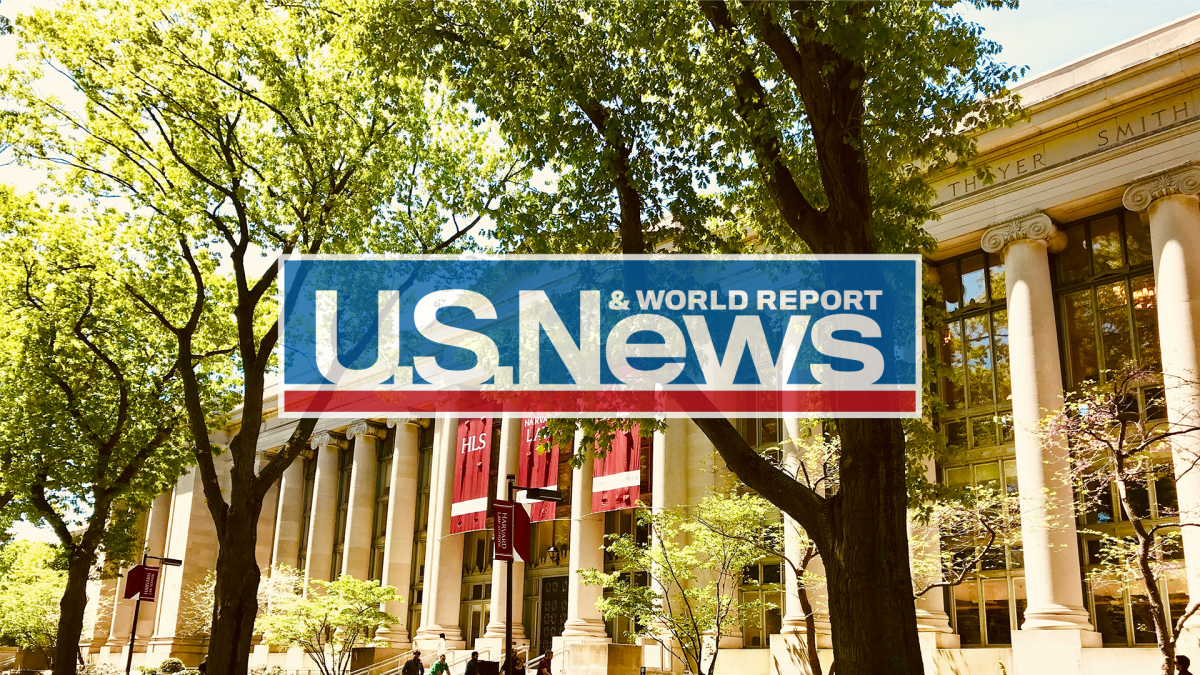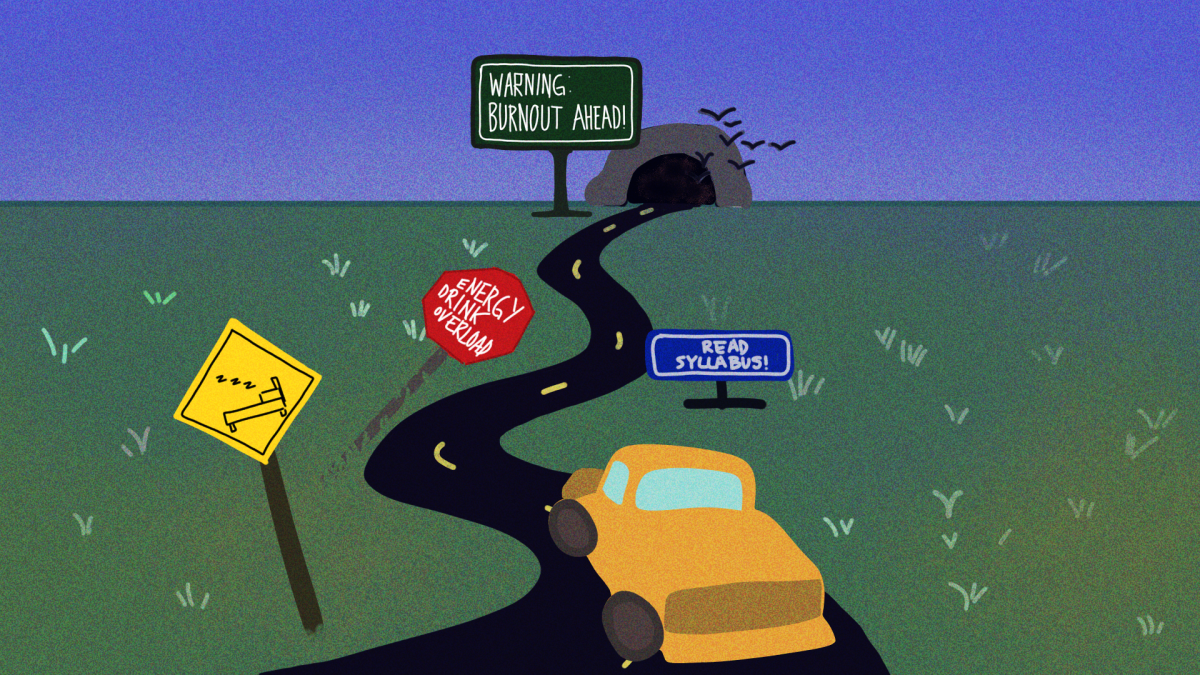In economics, the hold-up problem is a very common phenomenon. It is defined as a situation in which two parties can each reap the profits of a business if they work in a cooperative manner, but they refrain from doing so because each party fears the possibility of the other gaining an upper hand in the bargain and thereby reduce profit. One fears that the other might hold up one’s own profit. It is basically the reason why contracts were invented.
A simple example comes from the Mediterranean traders in the 11th century. A trader, then, had two options to distribute his goods: Either he sails himself and sells it around the world or he hires an agent to go overseas. Economics of procuring a ship and sailing make the latter a more feasible option. But the trader will always fear the agent to embezzle his goods and affect his sales. Hence, this is a hold-up situation.
On Tuesday, Gov. Chris Christie’s New Jersey Motor Vehicle Commission made an amendment to car dealership licensing rules effectively banning Tesla Motors from selling its cars directly to the customers and forcing the company to go through the traditional route of handing dealership contracts to franchises.
A bit of information on the automotive dealership scene in the United States will help gain perspective.
An automotive dealer franchise, such as AutoNation, holds contracts with auto manufacturers such as GM, Toyota, Ford, et cetera to sell their cars and perform servicing of the same. Economies of scale dictate that the auto manufacturers have few plants at choice locations, closer to resources. Retailing also involves capital for setting up service centers. Just like the trader, auto manufacturers might not have distribution network to get their cars to people. So they hire agents to do it for them — automotive dealer franchises. In this case, auto dealers spend years and decades of efforts in building good reputation for the manufacturer. Giving out test drives, financing to customers, cashing in the sales are some of the exercises that help the dealer make a good reputation for the car among customers within their territories. The agent must ensure that the goods are sold in good taste.
Once a good reputation is built, the manufacturer can, in essence, pull back the franchise from the dealer and use it to its own benefit later on. This is an abuse of the efforts of the dealer. If this is allowed, it will lose all business. The car manufacturers could hold up the dealers.
Hence, the dealers demanded protection from their respective state legislatures. This resulted into laws requiring all auto manufacturers to distribute via franchises.
Tesla Motors argues that these laws were intended to protect existing contracts of franchises with manufacturers so manufacturers don’t take back their contracts. They are not meant to throttle new manufacturers that don’t have any contracts. Since 2013, Tesla Motors was in talks with NJMVC to improve these laws in order to allow for Tesla’s business model, of which direct sales to the customer is a pivotal feature. NJMVC had discussions with Tesla Motors, and these improvements were to be proposed to the legislature for a debate, which is the correct method of changing laws. Instead, Christie’s administration took a complete about turn on Tesla, under extensive lobbying by New Jersey Coalition of Automotive Retailers and expedited a new rule.
It is worth looking at Tesla’s arguments on its business strategy of direct-sales. Tesla Motors was founded by Elon Musk. Musk also co-founded PayPal and Space Exploration Technologies, known as SpaceX. Musk’s famous argument about how he chooses his battles is to tackle a problem by boiling it down to its fundamentals and solving it bottom up from there using a rational approach. This often leads him to fight battles against industries and established procedures. While SpaceX is his attempt at privatizing space exploration, Tesla Motors is his battle to prove electric vehicles are a viable option for transportation.
Tesla’s mission is to usher in the electric vehicles age and stop dependency on gasoline. Electric vehicles are a relatively new technology. Educating its customers about electric vehicles, technical assistance in servicing to maintain the quality of the car are a few rationales for them to ask for their own retail and service centers. It already has a network of charger stations across the country to help its customers travel long distances.
Tesla is not only revolutionizing the automobile industry, it is pushing the idea of auto-servicing to a whole new level. Musk stresses the fact that making profit by servicing a car that one sells is an incorrect practice. Tesla gives free servicing to its customers. Software upgrades are transparent to the customer, and the cars get upgraded by themselves just like software on your computer. Tesla also gives a three-year warranty on a resale value of the car. That means even before you use your car, Tesla gives a guarantee on the price at which you will be able to sell the car if you chose to do so.
Tesla’s argument is that auto dealers have an inherent conflict of interest in selling Tesla’s cars. Gasoline vehicles currently form a major part of the automotive industry. To effectively show the profits of owning an electric vehicle over a gasoline one will result into a decrease of sales for its gasoline cars. An agent cannot hold goods from competing traders in the same ship. Hence, Tesla engages in this legal battle even as their main battle is to make electric-powered locomotion viable.
Nikola Tesla, a personal inspiration for Musk, fought a lot of battles in his own life. Nikola Tesla was an incessantly rational young inventor. Thomas Edison was far more respected and held a lot of positions of power. Tesla and George Westinghouse struggled to push for AC power distribution against Edison’s DC power distribution ideology. Tesla Motors, a century after, is waging a war against gasoline vehicles. The automotive dealership is only one among many other battles that Tesla Motors is fighting, a century after the man behind its inspiration fought his own. In other words, Nikola Tesla won.





